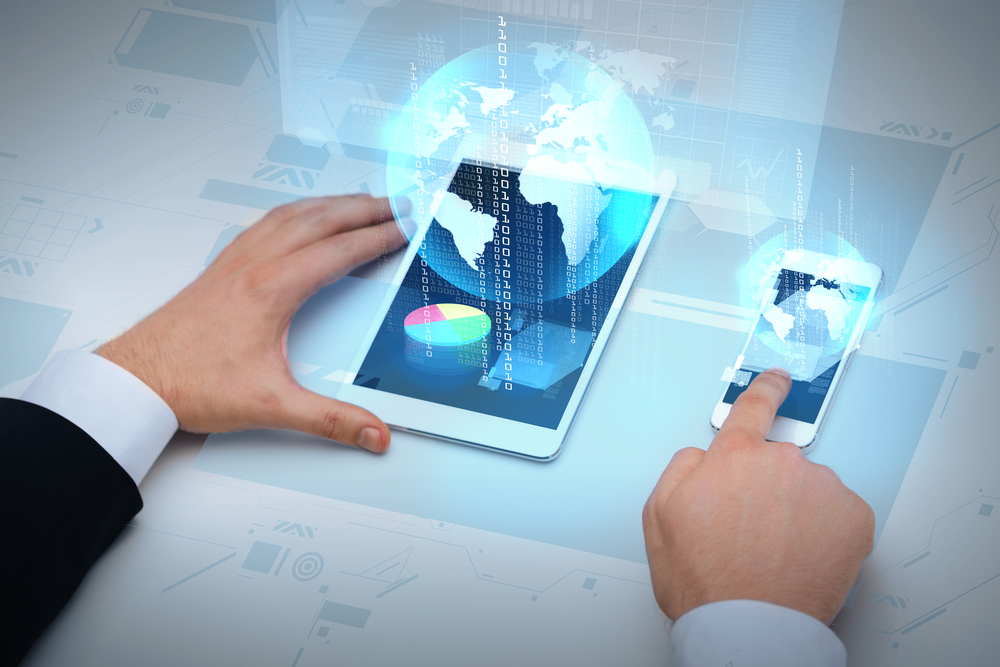The combination of sensors and networked objects with sophisticated data analysis is a technology with huge potential. There is palpable excitement in technology circles about the possibilities for so called ‘smart’ systems to revolutionise everything from farms to cities.
The test case for these systems is the use of smart meters to monitor and manage energy consumption in the home.
The idea is that by tracking their electricity usage in greater detail, home owners will identify ways in which they are wasting money and power.
The UK government plans to initiate mass roll-out of smart meters in 2014, and will award the contract to supply the IT backbone for the smart meter infrastructure in 2013.
Various technology providers have formed partnerships to bid for this £240 million contract: IBM has teamed up with Cable&Wireless; BT is partnering with communications infrastructure operator Arqiva and security vendor Detica; and Logica has paired up with SAP and defence contractor QinetiQ.
Meanwhile, utility provider EDF Energy announced in December that it is preparing to launch its own “large-scale” smart meter trial in the UK. The company will partner with grid management company UK Power Networks to see whether the meters have any effect on users’ consumption patterns.
That is not necessarily a given, according to a report published earlier in the year by the National Audit Office. “The benefits of proceeding with this major technological and logistical undertaking are still uncertain,” said NAO chief Amyas Morse. “There is limited evidence of how much and for how long British consumers’ behaviour might change, and costs could escalate.”
Privacy measures
This is not the only concern expressed about smart meters, however. Some observers have long argued that the devices might one day compromise the privacy of their users.
That argument was lent support by a group of hackers who demonstrated in early 2012 that it is possible to discern exactly what film someone is watching by analysing the power consumption of their TV via their smart meter, as every film has a unique ‘fingerprint’ of electricity usage.
One UK-based technologist who has been thinking about the privacy implications of sensor networks is Usman Haque, founder of Pachube. The company offers web-based data infrastructure for sensors and connected objects, and one of its customers is independent smart meter manufacturer Current Cost.
For Haque, the reason that people might worry that their privacy could be compromised by smart meters is that they are not in control of the data. “When people are worried about privacy, what they’re really worried about is their capacity to control what is made public,” Haque recently told Information Age.
Pachube recently launched an addition to its service that allows end-users, such as Current Cost’s customers, to download the data from their smart meters directly and to control which third parties are allowed to access it. This is a step towards empowering individuals to control the data that is collected about them through sensor networks.
The UK government has acknowledged the privacy concerns associated with smart meters. Energy regulator Ofgem proposed in a 2010 report that “consumers should be able to choose how their consumption data is used and by whom, except where the data is required to fulfil regulated duties”.
It is important that this principle is upheld as the IT infrastructure to support the roll-out is built and the regulatory framework finalised. There is every sign that more and more of the infrastructure that makes up the modern world will become ‘smart’, and this roll-out will set the precedent on how much control is given to individuals.







